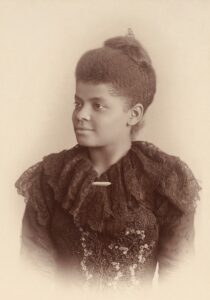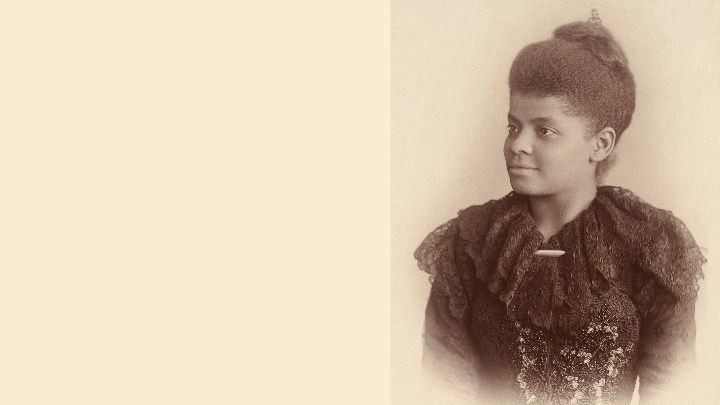As part of Black History Month in October the history department at the University of Reading will be presenting research on the historical Black experience, looking in particular at the narratives of Black women that are sometimes obscured or sidelined. From the eighteenth century to the recent past, and from Berkshire to Zimbabwe, we’ll be focusing on stories that need to be told but often are not. Here are some of the areas we’ll be discussing on Wednesday afternoon from 4pm on 11 October.

The first display will be on history very close to home. For a very long time in this country, in both historical study and contemporary debate, the migrant and minority experiences have often, sometimes unthinkingly, been conflated with city life and living in areas of high population density. Out of this arose a crude dichotomy where cities are presented as diverse whilst the countryside is ‘white’ and monocultural. Recently these assumptions have been challenged, with new diverse histories and aspects of the Black experience in rural England in the eighteenth and nineteenth centuries emerging. This display will feature research on diverse histories in Berkshire and we will discuss some of the challenges this project has faced.
The next display looks at the lives of two nineteenth-century Black American women, and the different ways in which they both resisted racist and misogynistic coercion. One of these women is very well-known, the campaigner, teacher and journalist Ida B. Wells, who confronted the system of segregation and disenfranchisement of Black Americans in the aftermath of the American Civil War, and revealed to an American and an international audience the extent of the lynching of African-Americans in the post-Civil War south. The other woman whose life will be discussed here we only know by one name, ‘Rose’, an enslaved woman in the American South who fought back against attempts to force her into an intimate relationship with an enslaved man against her will.
The display next to this also looks at the Black experience in the United States, and will consider how historians use archives to craft detailed narratives of Black women’s lives in the nineteenth century South. Census records, newspapers, and government documents will be used to trace the life of Frances Thompson, who lived in Memphis in the nineteenth century. Letters and interviews conducted in the 1930s to piece together women’s experiences of slavery in the nineteenth century whilst also be on the table for students to examine and read through.
The display on the fourth table shifts the geographical and chronological focus to southern Africa in the recent past. Here will be considered the relationship between liberation, land and gender in modern Zimbabwe, from the late 1970s onwards. Using different documents and objects, it will consider the experiences of female war veterans in Zimbabwe since independence, and the struggles that have continued in to the early 2000s involving land redistribution.
The final display looks at the lives of two Black women who played a key part in radical politics in post-war Britain – Claudia Jones and Olive Morris. Claudia Jones was born in Trinidad and spent much of her adult life in the US before McCarthyism within the states resulted in her removal to Britain (she was a prominent member of the Communist Party). Jones’ life and politics demonstrates the interconnections between Caribbean, US and British Black communities. Morris was a Brixton-based activist who wad a member of the British Black Panthers, again showing the transatlantic nature of the Black struggle.
We’ll be in G02 of the Chancellors Building. If you’d like to find out more about these different elements of Black history over the last 250 years please look in for discussion, the chance to examine original documents and artefacts, and some food and drink.
Dr Daniel Renshaw is Lecturer in Modern History at the University of Reading.

